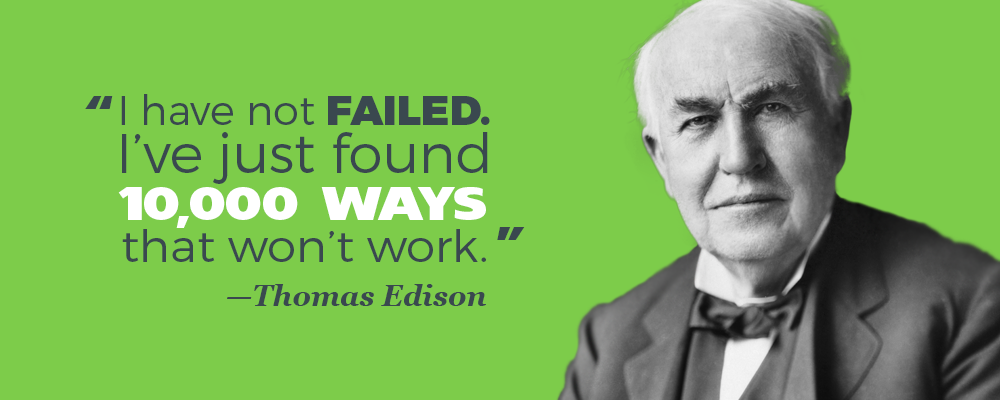Whenever we imagine pursuing a new endeavor, we all have that small voice inside of us which warns that we are not good enough. Not good enough to work a particular job. Not good enough to put our own needs before others. Not good enough that another person would want to have a relationship with us. We fear that if we try to achieve something and fail, that it will only serve as proof that the little voice inside our head is right.
So to prevent this, we come up with countless excuses and rationalize away reasons to even begin trying. We tell ourselves that we are either too stupid, poor, boring, ugly or low class. Instead of recognizing our common humanity in others, and realizing that what is possible for one person is also possible for another, we instead separate out ourselves into the “not good enough” category. While our immediate intention is to project ourselves from potential pain, with every deference to fear, we forfeit our personal integrity and slowly chip away at our own souls.
Tim Ferriss defines risk as “the likelihood of an irreversible negative outcome.” And points out that when you define risk as such, inaction becomes the greatest risk of all.
When we think of risk in this way, we realize that very few of the things we fear actually have irreversible or even that truly negative of outcomes. Often the downside of choosing to take a “risk” is only momentary discomfort with no lasting consequences. For situations such as asking a stranger for a job interview or on a date, there is a severely limited downside for what could potentially result in producing a unbounded positive return.
In many cases, the only negative lasting repercussion is a self-imposed sense of shame. However, by realizing that this shame is unwarranted, we can greatly lessen our fear of failure. By choosing to redefine risk, and stop feeling shame for pursuing our goals, we can start to see the world as being filled with potential opportunities instead of potential failures.
On a continuous timeline for pursuing a particular endeavor, at what specific point are you officially a failure? There will of course be missed benchmarks and temporary setbacks, but in the pursuit of an overall larger vision, true failure occurs only when you quit pursing a goal.
By redefining success and finding a sense of achievement in the very act of actively and continuously pursing a goal, unavoidable singular failures become an acceptable and inevitable part of the overall process. And when we realize this, we can cease perceiving failures as negative experiences and instead use them as learning experiences. We must stop defining failure as being anything other than an instantaneous successful outcome. And redefine the only true failure as being when we consciously decline to make an honest attempt at a potential opportunity.
While there will be external struggles for resources such as time, money and man power, the primary struggle is often an internal one. We have so many negative emotions linked to failure and external judgement, that we unnecessarily choose to torture ourselves over trivial things. The truth is, most other people are so caught up in their own lives that they will rarely even give your actions a second thought. Fears of judgement exists primarily only in your head, with you being the biggest critic of yourself.
People will also likely mirror back to you the emotions that you show regarding a particular outcome. When you remain confident despite a setback, then others will most likely respond by showing you respect, not ridicule. By understanding that the negative emotions that you are feeling towards failure are not only unhelpful but also unfounded, you can work to remove them, and through doing, also your fear of trying. Then through taking action and persistently pursing opportunities, success is almost sure to follow.
And if you do want to give into fear, then do so in a constructive manner. Use the fear of what will happen if you don’t take action as leverage. Think in ten years what your life will be like if choose to remain on the same path. Take a look at your colleagues which are ten years older than you, and ask yourself if their lives mirror the one that you envision for your future self. If so, let them serve as your mentors. If not, then you better make sure that you are not making the identical choices that they made. If you want something different, then you need to do something different. And this may require you to search outside of your local environment for guidance.
By pushing through temporary discomfort, realizing that our fears are unjust, and embracing failure as a necessary part of the process for learning how to become successful, we can retrain the small voice in our heads which whispers “not good enough” to instead reply: “why not?”

